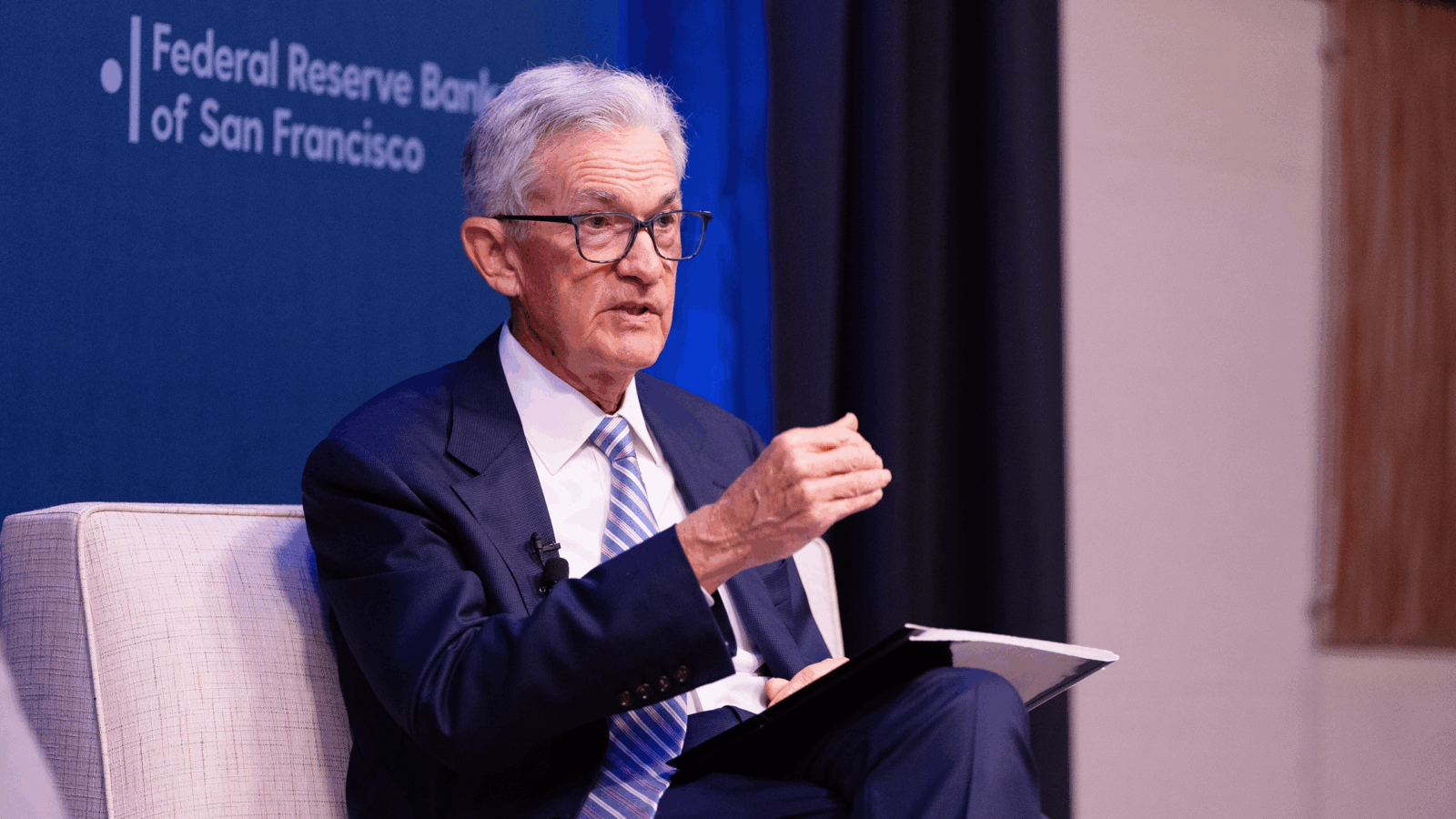
Sign up for smart news, insights, and analysis on the biggest financial stories of the day.
The pandemic may be over, but C-suite types still suffer from one long-haul side effect: voluntary pay cuts.
The Covid-era “we’re all in this together” salary-slashing show of executive solidarity has extended into 2023’s economic uncertainty, according to a new analysis from The Wall Street Journal. But when it comes to corporate top dogs, one’s salary and one’s compensation aren’t necessarily synonymous.
Pay Day Woes
CEO salary cuts were not exactly typical prior to the pandemic. But with the coronavirus’ wave of existential angst, the practice became much more normal. Some 20% of companies on the Russell 1000 instituted leadership pay cuts in 2020, according to Just Capital, a nonprofit research firm focused on corporate equity. And those pay cuts extended beyond CEOs to include CFOs, corporate attorneys, and other top execs. “If you do the wrong thing, this is an invitation to shareholder activism and lawsuits for years,” Aaron Bertinetti, senior vice president of proxy advisory firm Glass Lewis, told the WSJ in April 2020 regarding executives who continued to receive hefty salaries in the pandemic’s early days.
Today, executives at firms like Intel, Micron, and Seagate are still taking base-pay buzzcuts, according to the WSJ. But experts say that’s a big difference from cutting compensation overall:
- When Zoom CEO Eric Yuan announced the company would lay off 15% of its workforce, or roughly 1,300 employees, he also announced a 98% base salary cut to his own paycheck for the coming fiscal year — from roughly $400,000 to $10,000 — with other executives taking cuts up to 20%. But even his regular wage still only accounted for less than 1% of his total $76 million yearly compensation, mostly made in long-term stock awards.
- Overall, base pay at 300 major US public companies accounted for just 11% of CEO’s total compensation in fiscal year 2022, according to Korn Ferry research.
We’re Just Like You: “Taking a 25% cut on base salary is truly more of a symbolic kind of action than it is a real significant economic action,” Don Lowman, an executive compensation adviser at Korn Ferry, told the WSJ. “It is very much intended to be a message to the outside world, as well as to employees: Our executives are sharing the pain that we’re going through.” They must just hope those employees don’t read accidentally about stock rewards and annual bonuses in the business section.











